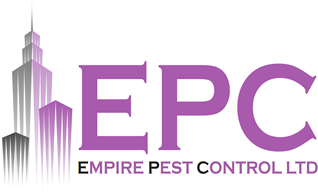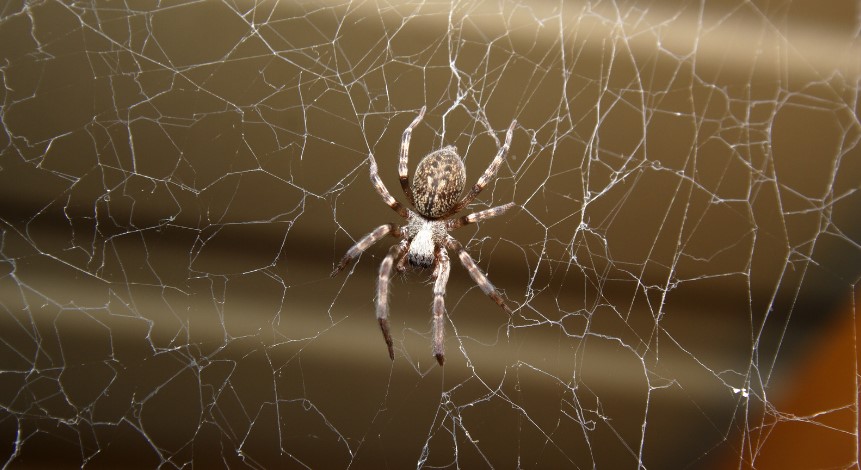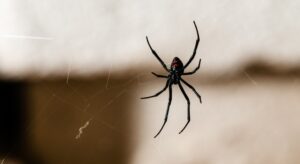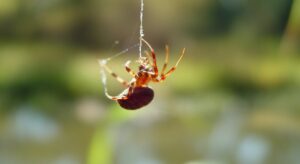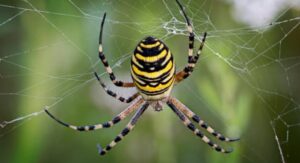Spiders are fascinating creatures that play an essential role in the ecosystem by controlling insect populations. However, when they invade our homes, they can elicit fear and discomfort. Spider infestations are a common nuisance that homeowners encounter, and understanding the factors that attract these arachnids into our living spaces is crucial for effective prevention and management. In this article, we will explore the primary reasons behind spider infestations in homes.
What Causes Spider Infestation in Your Home?
Among all pests, spiders are among the most dreaded. Even though the majority of spider species are harmless, people who come into contact with them somehow feel uneasy. Numerous factors might lead to a spider infestation in a house or place of business. Understanding how spiders do their infestation will help you get rid of them easily.
Comes for The Prey
The first reason the spider infestation starts is for the prey. Spiders are carnivorous hunters that feed on insects such as flies, mosquitoes, moths, and other small pests. When a home becomes a haven for pests, spiders will naturally follow the food source into the building. If your property is located near a wooded area or has abundant vegetation, it may attract more insect infestation, leading to an increased likelihood of spider infestations.
Shelter and Hiding Spots
The second reason for the spiders to come to your home is for the shelter. Spiders seek out shelter and hiding spots to avoid predators and harsh weather conditions. Cracks, gaps, and crevices around windows, doors, and foundations provide perfect entry points for these small arachnids to find refuge inside your home.
Outdoor Vegetation
The landscaping around your home can also contribute to spider infestations. Dense vegetation, shrubs, and tall grasses near windows and doors can serve as bridges for spiders to enter your home. Additionally, piles of leaves, wood, or debris can provide shelter for spiders, enabling them to thrive and potentially move indoors. Maintaining a well-trimmed garden and keeping vegetation away from the house’s perimeter can eliminate spiders that invading your home.
Suitable Breeding Grounds
Spiders are prolific breeders who require suitable conditions to lay eggs and raise their offspring. Dark and undisturbed areas such as basements, attics, and storage rooms create ideal environments for spiders to lay their egg sacs. Regularly cleaning and organising these areas can disrupt their breeding grounds and discourage their presence.
Preventive Methods for Infestation
Preventing spider infestations in your home involves a combination of proactive measures to make your living space less attractive to spiders. Here are some of the preventive measures to reduce spider infestation,
Reduce Outdoor Lighting:
Switch to yellow or sodium vapour lights outdoors, as they are less attractive to insects, which, in turn, will decrease the prey available for spiders.
Remove Outdoor Clutter:
Clear away any piles of leaves, wood, or debris near the house, as these can provide shelter for spiders and encourage them to move indoors.
Trim Vegetation:
Keep bushes, shrubs, and tall grasses away from the exterior walls of your home to create a barrier that spiders find difficult to cross.
Conclusion
Spider infestations in homes are often a result of conducive environments and abundant prey. Understanding these factors can help homeowners take proactive steps to prevent spider infestations and maintain a pest-free living space. By addressing issues with professional pest control services, you can significantly reduce the likelihood of these eight-legged visitors taking up residence in your home.

